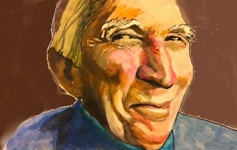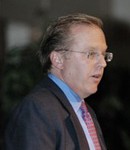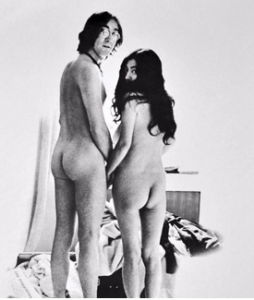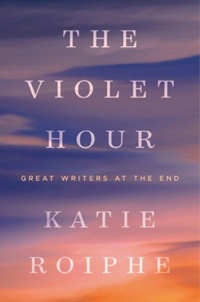 Writing for the American Conservative, Charles F. McElwee III asks, “Did John Updike Foresee the Trump Era?”
Writing for the American Conservative, Charles F. McElwee III asks, “Did John Updike Foresee the Trump Era?”
“Revisiting Updike’s Rabbit novels is a rendezvous with prescience, for no collection of postwar fiction could help us better understand how working-class populism—in the form of Donald Trump—prevailed on Election Day 2016,” he writes.
“Although Rabbit supported Humphrey in 1968, he later has a ‘Reagan Democrat’ conversion, voting for George H.W. Bush in the final novel. If anything, he’s the fictional embodiment of a political prototype, a cross-party coalition infuriated by the loss of what communities like Brewer once symbolized: economic prosperity and a shot at a stable middle-class American life. The Rabbit novels could serve as the fictional companion to any social-policy book by Charles Murray,” McElwee writes. “The realism of Updike’s characters and plot lines is a tribute to Updike’s understanding of this durable voting bloc, one that determined Hillary Clinton’s fate.”
Read the whole article.








